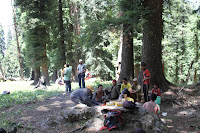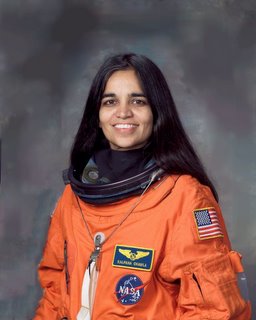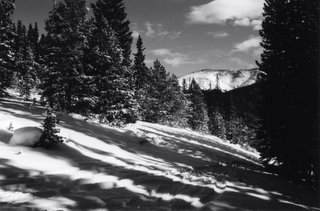 |
| Everest Peak |
Ideally, you should ask the organiser to spell out what is included and what is not. The list below is a guide for the same (may not be a complete one) - check with the organiser on each one of these.
- Airport pickup and drop off at Kathmandu airport and transportation to & from the local hotel (Arrival from your home / departure to Lukla, arrival from Lukla and departure back home)
- Hotel stay at Kathmandu.
- Breakfast while at Kathmandu.
- Local sightseeing, in and around Kathmandu.
- Airport taxes at Kathmandu and Lukla.
- Food expenses (3 times a day) starting from Lukla.
- Open menu or restricted items.
- Hot drinks (coffee, tea, milk etc).
- If restricted items, menu for food.
- Porter charges for carrying your luggage.
- Complete day to day itinerary with route and stay information.
- Rest day plan / itinerary.
- First aid kit.
- Facility for emergency medical evacuation.
- English speaking guide (or your preferred language) and guide charges
- Trekking gear rental - Down jacket, Rain jacket, gloves, trekking poles.
- Sleeping bags rental (needed mostly at the higher camps only).
- Type of tea houses.
- Shared or individual accommodation at tea houses.
- Tips that should be paid to porters / guide at the end of the trek.
- Kathmandu to Lukla is a 1.5 hour journey in a 10 - 20 seater flight, going through the mountains. Since is weather is unpredictable, at times flights get cancelled and this delays the trek. Check with the organiser on additional costs if the trek is delayed due to weather or challenges.
Listening to the experience of other trekkers we met on the way, the Himalayan Rescue Association doctors, guides and locals we came to the conclusion that EBC should be long enough to accommodate any delays due to tiredness, medical condition that is not serious and one can quickly recover from. 12 - 14 days schedule is highly recommended with appropriate rest days during the ascent.
In the next entry, I will talk about the trek, route and my experience with photos :)































